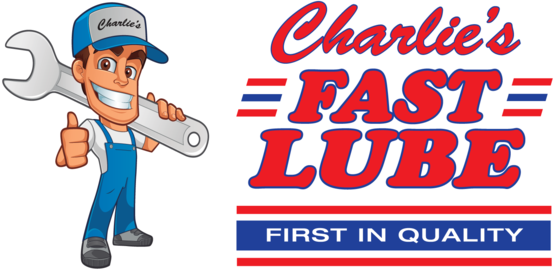Does My Choice in Oil Affect Change Intervals?
June 20, 2021
Oil changes are probably the most recognized service on a vehicle. Almost all Sikeston residents know about them. But do we know enough?
Several decades ago, oil changes were fairly standard: every three months or 3,000 miles or 5,000 kilometers. But recent advances in both engine technology and oil quality have led to longer oil change intervals.
Delayed or skipped oil changes are a problem for Sikeston residents because they lead to the build-up of oil sludge in your engine. Oil sludge forms when engine oil breaks down, which happens with both time and miles. Obviously, driving will take its toll on engine oil, but the oil also breaks down even as the vehicle just sits in the garage. This is why oil change intervals are listed in both time and distance traveled, and the phrase “whichever comes first” is applicable.
Oil sludge is essentially petroleum jelly. Imagine this stuff squishing around in your vehicle engine, pushing into small engine passageways and blocking passage of oil to vital engine parts, shortening your engine's life expectancy.
To prevent sludge, you have to get your oil changed regularly, as often as the manufacturer recommends. Check your owner's manual for every vehicle you own to know the interval for each one. Don't assume they will be the same.
If you tow a trailer, haul heavy loads, make a lot of short trips around Sikeston, usually engage in stop-and-go (or around-the-town) driving, drive in cold or hot Missouri weather, or drive in polluted or dusty conditions, you may need to change your oil more frequently. Check your vehicle's owner's manual for a “severe service” recommendation.
If the manual doesn't give you the advice you need, talk to your friendly and knowledgeable Charlie's Fast Lube Sikeston service advisor. He will be able to answer any questions about preventive maintenance or vehicle care that you may have, including how often to change your oil.
Sikeston residents need to get the right weight and type of oil recommended for their vehicles. More and more are using synthetic oil in their vehicles. Synthetic oil typically lasts longer and is more resistant to sludge formation than conventional motor oil. But it is also more expensive. So it can be tempting for Sikeston residents to ask for conventional oil, but if you replace synthetic oil with conventional oil, you will have to change your oil more often to prevent sludge build-up. In the end, you're probably not saving money at all.
Also, your engine may not be designed for the conventional oil. Check your owner's manual before replacing synthetic oil with conventional.
Talk to your Charlie's Fast Lube Sikeston service advisor for more information.
Charlie's Fast Lube Sikeston
2017 E. Malone
Sikeston, Missouri 63801
573-472-1139
http://www.charliesfastlubesikeston.com
Need Service?
More articles from Charlie's Fast Lube Sikeston

Emergency! (Vehicle Emergency items)
February 15, 2026
"I never expected it could happen to me." Countless drivers have said that after they've had an emergency turn their lives upside down. So before that happens to you, let's thinking about planning ahead for an emergency with a few things you should keep in your vehicle. Road flares. If you've ev... More

A Clean Start (Battery Cleaning)
February 8, 2026
Your vehicle is loaded with electrical devices. Computerized components are everywhere, so good electrical connections are important. Those begin with your vehicle's battery, so it's important that its connections are in top shape. Ever had a flashlight that didn't work, took out the old batteri... More

T for Transmission, T for Trouble (Automatic Transmission Trouble Signs)
February 1, 2026
One of the hardest working components of your vehicle is its transmission, shifting gears up and down when you need it to. The transmission is vital to your vehicle driving properly, and if you start to see signs of problems in it, its best to have them fixed earlier rather than later. (Since ne... More









